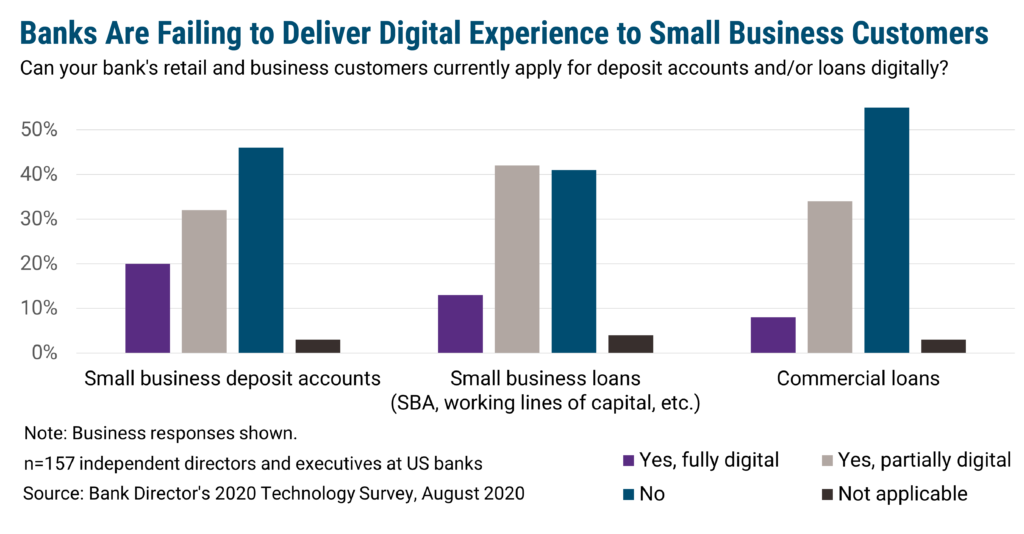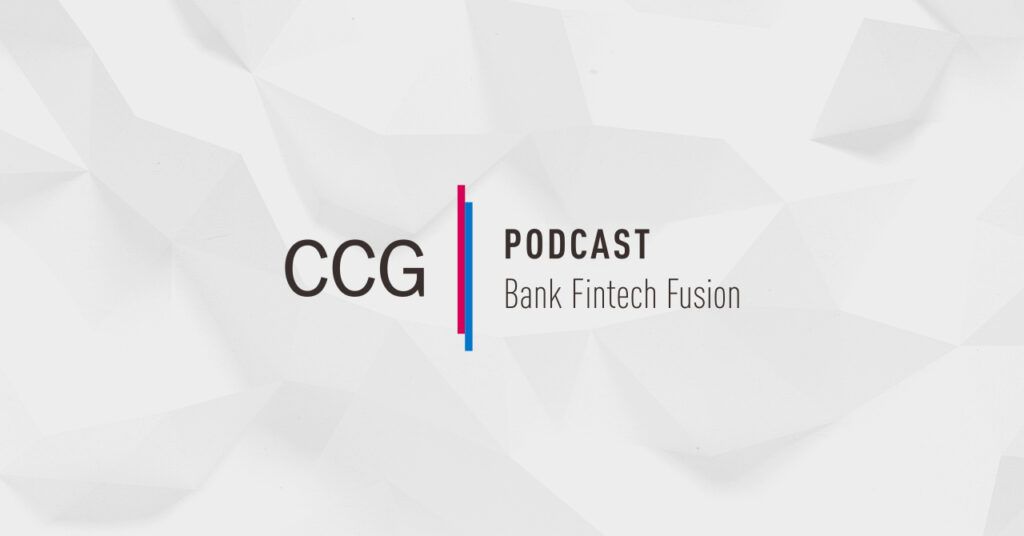Banks in rural areas need to step up their mobile game
The acceleration of urbanization will change how banks service rural communities in the coming years.
Branches are closing all over the U.S. in rural, suburban and urban markets, but rural areas are impacted the most. With rural branch networks already thinned out, the loss of a single-bank branch can turn a rural county into a banking desert without any branches providing traditional banking services.
Banking deserts have been growing in the past decade in rural areas, leaving residents to rely on nonbanks like payday lenders.
The scarcity of branches will likely worsen in the coming decades, as wealth and populations are projected to shift more toward urban centers.
Last year, approximately 82% of the U.S. population lived urban areas, according to one study. That number is projected to reach 90% by 2050. This means banks will be incentivized to concentrate their branch networks in urban areas and abandon rural counties with declining customer bases.
This trend will put digital and automation at the heart of rural banking. Financial institutions will need to shift interactions to digital channels — and automate where possible — to continue serving rural communities without a physical branch.
A shift toward digital and automation will make it more cost-effective for banks to service these geographies. It could also lead to expanded opportunities for rural consumers by leveraging data and machine learning to better determine creditworthiness, for example, as the Brookings Institution pointed out earlier this year.
Rural consumers in the U.S. are already highly active in the digital economy. Banks can leverage that to expand their business in rural regions, even as they trim branch networks.
Nearly 90% of consumers in the heartland (rural areas) own smartphones and use mobile banking more frequently than their coastal counterparts in urban areas, according to a survey by digital marketing company Fluent. Additionally, overall social media activity was similar between the two groups. Other survey data shows that the vast majority of rural consumers have made purchases online.
Keep reading on American Banker.
Subscribe to CCG Insights.







